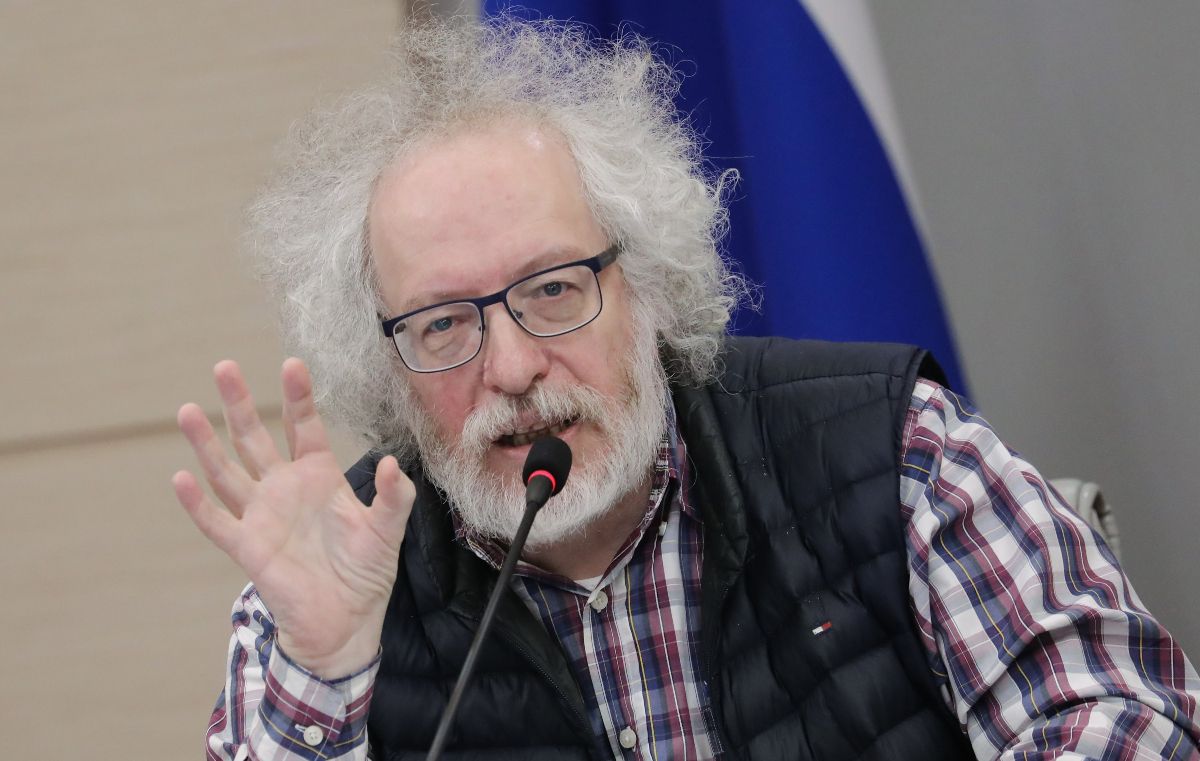
1990s reform architect Chubais sets up research project on the future of Russia
Anatoly Chubais, one of the key architects of the 1990s economic reforms, has opened a center for Russian Studies at Tel Aviv University. Chubais, who held senior positions in the Russian government and state-run companies until 2022, “organized a group of sponsors” for a new project that will explore possible scenarios of Russia’s future development. Chubais played an important role in Vladimir Putin’s ascension to power during the 1990s and remains an extremely divisive figure in Russian society. In recent months, he has become a major target for the young Russian opposition, seeking to revise the legacy and lessons of the post-Soviet years.
- The new center will analyze recent events in Russian history, covering economic, political, social and cultural themes. The main aim is to research the recent past in order to predict Russia’s future trajectory. In his only comment on the opening of the center, Chubais said that “for the second time” since the fall of the Soviet Union, Russia was “reversing its direction of development”, and that it was important to extract lessons from the country’s recent history that will be relevant for its future. He did not specify the first instance he was referring to, but he was likely thinking of the 2014 annexation of Crimea.
- When The Bell contacted Chubais for a comment, he directed us to Dmitry Butrin, deputy editor-in-chief at the Kommersant business daily who has joined the center as a researcher. "If we are talking about the history of Russia from 1991 to 2024, we will not go anywhere from the present. A historical approach will be applied precisely because we, like everyone else, are most interested in answering the question of how we arrived at this point. The basic problem of 99% of current researchers and publicists is that they stick to this notion and say that everything else is unimportant," he said. Butrin said his focus will be looking at what has happened over the past 10 years in Russia's new institutionalized economy and that he plans to write fewer than 10 articles over the next two years. The announcement press release stresses that the center will be an apolitical project. "We are not going to produce tombstone inscriptions … and will minimize the political recommendation component as much as possible," Butrin told The Bell.
- Chubais is still a highly controversial figure. He was one of the leading reformers after the fall of the Soviet Union, spearheading Russia's dismantling of its command economy in favor of a market-based one. He held various government posts in the 1990s. His supporters call him “the author of a new Russia, the architect of private property.” From 1998-2008, he was in charge of the UES Russia energy company before moving to another state corporation, Rusnano. Under his leadership, it lost tens of millions of dollars and its debts approached $1 billion (Chubais left in 2020 and today the outfit is on the brink of bankruptcy, seeking financial aid from the state). After Rusnano, Chubais worked as the presidential special representative for relations with international organizations, a role that ended with the invasion of Ukraine.
- As part of the group of liberal reformers whose careers continued under Putin, Chubais is known as a “systemic liberal.” Russia's general attitude to him is negative, summed up by the popular “everything is Chubais’s fault” meme, which first became popular in the late 90s as emerging problems in the economy led to the ruling party suffering parliamentary losses to the Communists. More than 20 years later, Chubais said in an interview that he did not want to be the person blamed for everything, but that he had come to terms with it and recognized his role as the era’s “whipping boy”. “If you kicked [someone] with a bad reputation, your reputation improved,” he said.
- Chubais has not commented publicly on Russia’s invasion of Ukraine — neither supporting or criticizing the war. Instead, he quietly stepped down as a presidential envoy and left Russia. At the time, he was the highest-ranking official to leave. Initially, the Kremlin made no detailed comment on his departure, calling it a personal decision. Then, in the fall of 2023, Putin said that Chubais might have “escaped” Russia amid huge financial problems at Rusnano. “Why the hell does he need this? I honestly don’t understand,” said the president.
Why the world should care
The 1990s are a hot topic again in Russia after Alexei Navalny’s team released three parts of a documentary film, titled “Traitors”, into the era, the rise of Putin and those who made it happen. The underlying message is that Chubais and his fellow liberal reformers were responsible for Putin’s rise to power. Almost 25 years after he first tried to shape the future of Russia, Chubais is returning to the topic — this time far away from Moscow and the levers of power.




